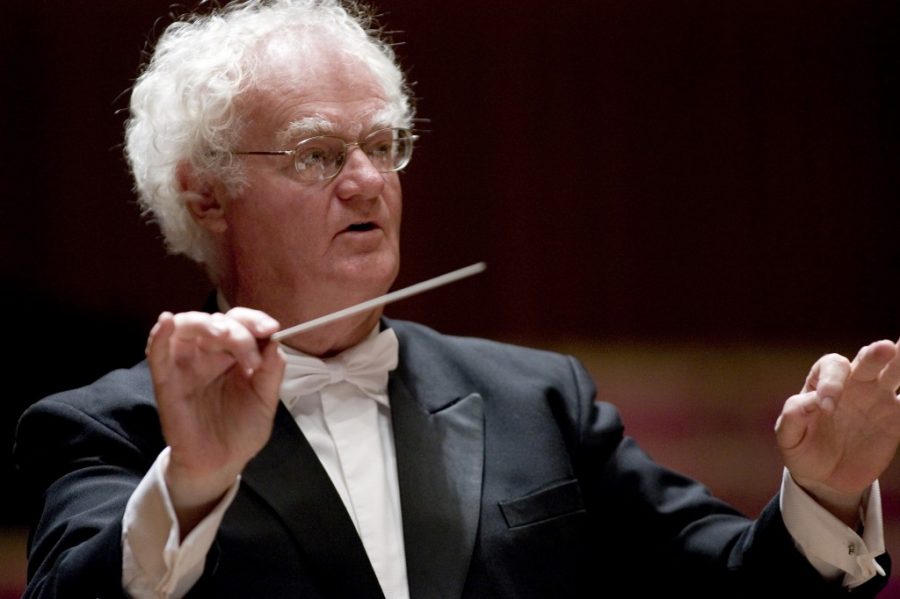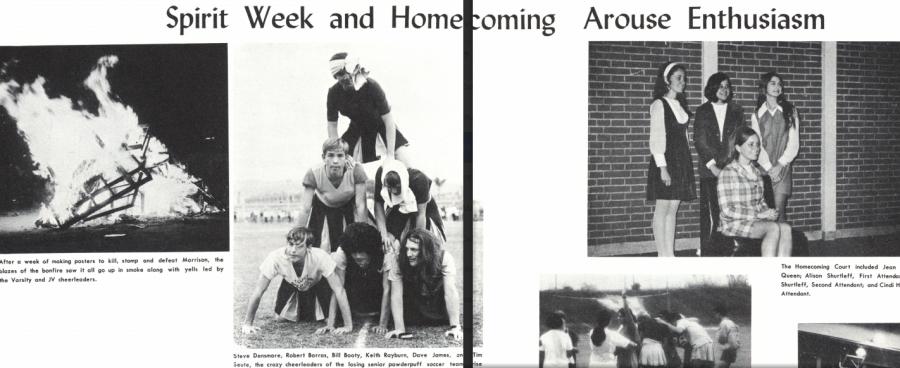Richard Gill, a world-renowned educator, conductor spoke to Blue&Gold about conducting the TAS choir orchestra and choir in a one off production of Carl Orff’s Carmina Burana. Mr Gill is the Education Artistic Director of the Sydney Symphony Orchestra and the former director of the Victorian Opera and West Australian Conservatorium, and Chorus master of Opera Australia.
B&G: Why did you come to TAS?
Gill: I’ve known Mr Abernethy for quite a long time. I was here 15 years ago and he asked [if I] would like to come back.
B&G: How was your experience here?
Gill: Excellent. The students are very willing, industrious, and they have a very good work ethic. They’re interested in learning, in practicing, and in getting this better. I find that very impressive.
B&G: How was it different from your experience 15 years ago?
Gill: I didn’t do much 15 years ago. I was only here for about a week and we didn’t have any concerts. [This time], I had a concert with the Upper School Strings and with the Concert Orchestra and Choir. I’m working on performances, whereas last time I’ve just worked in classrooms.
B&G: How do you keep track of all the instruments when conducting?
Gill: It’s like flying a plane, or performing a brain operation – you get used to it.
B&G: Do you feel like as a conductor there is any room for interpretation when conducting?
Gill: Always. The most difficult part in conducting is trying [to] find the truth of the composer and interpreting that truth. You have to have a view, but that view should be based on the knowledge of the music, not based on how you think how the music goes.
B&G: How does teaching conducting work?
GIll: I have four students who spent five years with me day after day. They absolutely dominated [my] life. They’re with you all day and they drain you dry. My view is that if you find someone better, you look after them. Now, all of them work in Europe. three in German opera houses and one of them in a French opera house.
B&G: Any advice for aspiring conductors?
Gill: Learn piano, learn keyboard, and learn languages. You can learn to play scores and accompany singers. The best way to start conducting is through opera. Learn Italian, French, and German so you can conduct those operas.
Q&A with Richard Gill
May 27, 2014
0


![[KATHERINE MA/THE BLUE & GOLD]](https://blueandgoldonline.org/wp-content/uploads/2021/04/photo.png)




